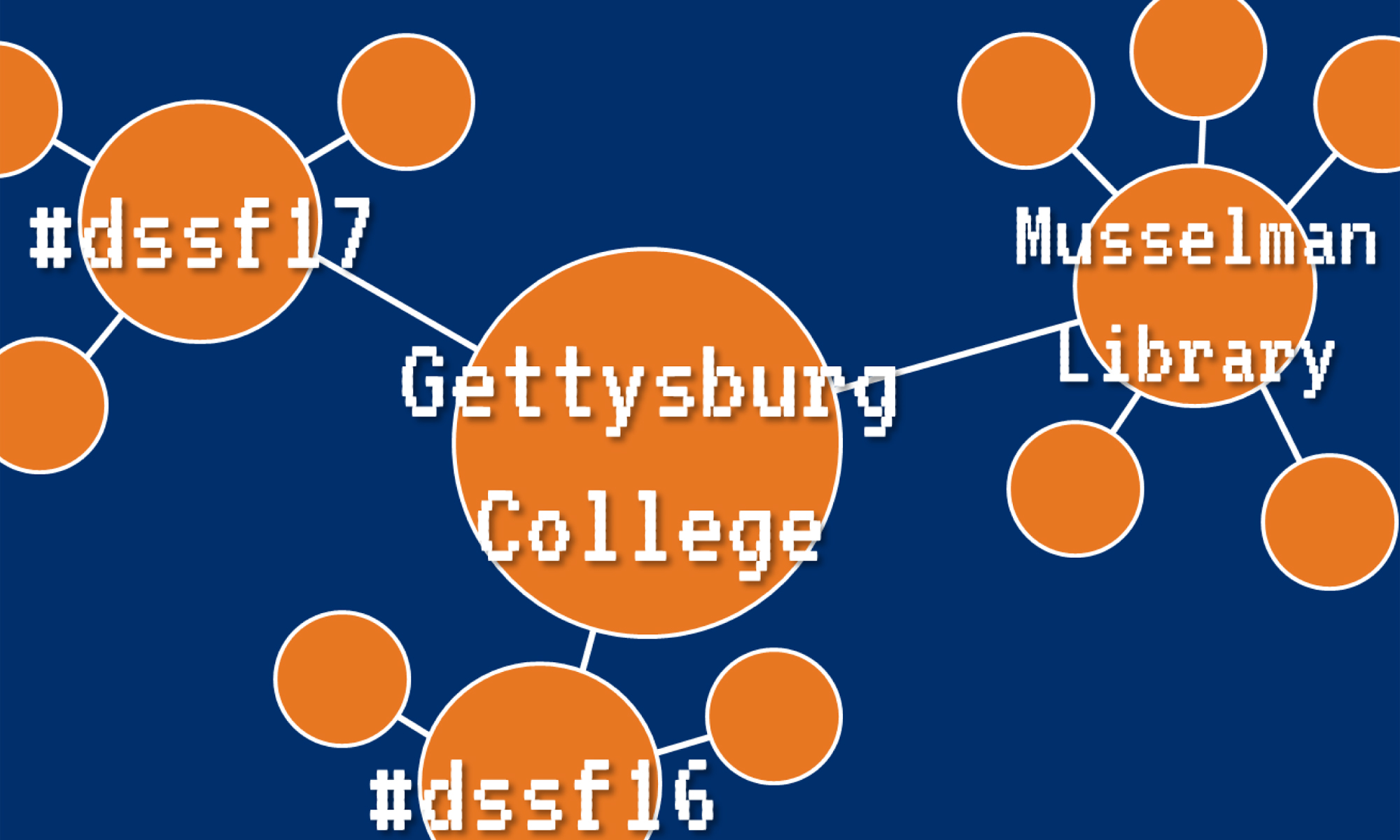Digital Scholarship and Humanities, although a relatively new field, already has copious amounts of criticism written on the subject. This past week, the DSSF cohort had to look at “Neoliberal Tools (and Archives): A Political History of Digital Humanities” by Daniel Allington, Sarah Brouillette, and David Golumbia. It made a splash, and is an interesting read for anyone trying to understand DH and what it has the potential to do (if not in practice). The basic argument of this piece is that DH is not really revolutionary, but a prime example of how colleges have essentially “sold out” to technology, using it without purpose. (For more on this look at “The Neoliberal Arts: How College Sold Its Soul to the Market” by William Deresiewicz- these criticisms can be quite scathing).
There are some things in this criticism I agree with. Their critique of empty “Silicon Valley” buzzwords is valid, and only serve to complicate an already ambiguous subject. Analyzing anything down to its true core cannot be done and should not be attempted, especially in a vast subject like DH.
I do take issue with their stance on DH trends as a field.”Digital Humanities,” they argue, “is not about, despite its explicit claims, is the use of digital or quantitative methodologies to answer research questions in the humanities.” Digital Humanities is not exclusively empty projects hosted on digital platforms to justify the existence of the humanities. That is not the DH I have encountered and that is not the DH that people are passionate about. Looking through the past blog posts on this site readers can find examples of other meaningful DH projects and initiatives to transform DH.
The DH I encounter does have a clear purpose and works to answer a humanities research question, because that is the nature of the Digital Scholarship Summer Fellowship. Over the summer, Fellows work to complete a project with a purpose, using the digital format to enhance their work in ways that are not possible with more traditional formats. The projects are born digital, but the tools do not control everything. Tools simply augment what already exists. Digital Humanities is not wholly one thing. While the criticism may hold true for some programs, it cannot hope to define the whole of DH.
That said, no criticism is written to only disparage. Lessons can be taken from criticism to improve on what exists. Digital Humanities, as a field, has plenty of room for growth and improvement. My DH experience is different from what is outlined in the criticism because the field of DH encompasses many different programs, including that which needs improvement. What this criticism hates about DH does not always have to be DH. By writing this criticism, Allington, Brouillette, and Golumbia hold a mirror up to Digital Humanists so the different programs may be examined in a larger context. Criticism should be taken in stride, and used to create better DH.
(There are many more issues raised in the criticism and responses to it that I cannot touch upon in a meaningful way, but can be read for your own enjoyment)
Emma Lewis

Appreciate your thoughtfulness on this response. I like “The projects are born digital, but the tools do not control everything. Tools simply augment what already exists.” Good stuff!